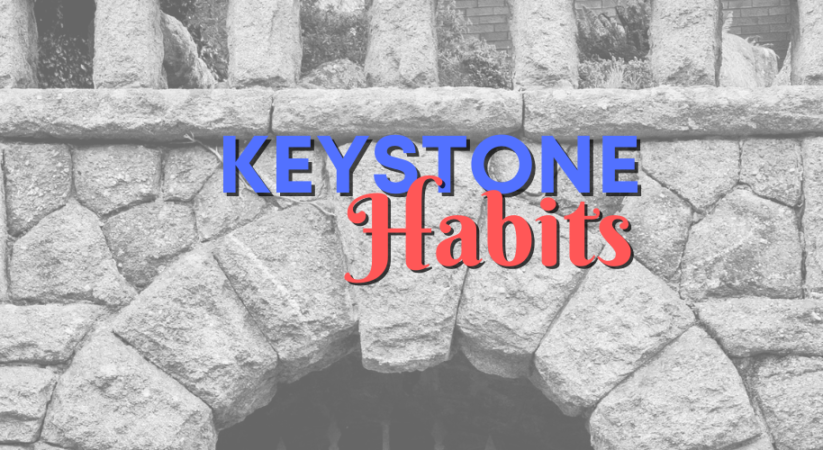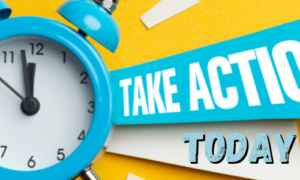Focusing on creating financial keystone habits that will have the biggest impact on your situation is your best bet when figuring out how to live a successful life. One of the simplest ways to efficiently change your life is prioritizing. Often, resources such as time, money, or energy are limited in some way. While being restricted by your time and energy can be frustrating and difficult to overcome, a lack of money can be debilitating all around.
Here is a process you can follow to determine the habit that needs to be focused on:
Decide what your money pain points are. What makes you lose sleep? Is it the shortage of savings? An absence of a backup fund? Not enough money coming in to cover your monthly bills? A depressing vision of your future once you retire?

- Concentrating on the financial aspect of your life that worries you the most can be an effective place to begin.
- Finding the weakest link in your financial life can be uncomfortable, but it is a necessary step to take towards success.
Brainstorm some possible new habits. Which new habits have the potential to make the greatest impression on your finances? Simply being aware that you have to put more effort into growing your savings doesn’t necessarily pinpoint the ideal habit to embrace. Instead, take into consideration the effect that each possible new habit could have on your life once it becomes a keystone habit.
- Create a list of the potential habits you can adopt that are related to your main financial concern.
- Prioritize your list according to the result that will happen if you are to include that habit into your life. Get rid of the bottom 80% of the list.
- Reexamine that top 20% of your list. Imagine the effect each that those potential habits will have after some time; 1 month, 6 months, 12 months, 5 years.
- Select the habit that makes the most sense for your future. If you’re stuck between a few, think about which one is the simplest to deploy. Also, don’t overlook the possibility that you can come back and adopt the other habits later.
Aim for average (just at first). Improve all the areas of your finances to an average status first. Don’t try to be an over achiever right from the start. Make the worst parts of your financial life better…just enough so that they are causing you less stress.
- In other words, get rid of (or greatly minimize) consumer debt, start some sort of emergency money reserve, begin saving at least 10% of your monthly income and create a steady savings plan for retirement. Don’t worry about tackling large purchases, like a vacation home or the installation of a swimming pool.
- If you are less stressed about your finances, you have a better chance of creating financial keystone habits that will add the momentum you will need to reach your goals.
Are you prepared to make this habit into a reality? If not, are you able to obtain what you need? You may need to start small so that the habit is sustainable. For example, if you’re 50 pounds overweight and most of your time each evening is spent on the couch, you will need to start small if your chosen habit is to be able to run 5 miles a day. Habits, whether they affect your life physically, personally or professionally, can’t be mastered in a day.
- Certain habits, when it comes to finances, will require knowledge that you may not already have. Some habits might even present an initial position that is currently out of your reach.
- You will need to figure out if the habit is viable with whatever resources and expertise that are available to you. You might have to search out the knowledge you’re looking to gain. If it’s to stressful, you may have to find another goal to focus on that is more fitting for your situation.
It comes as no surprise that time is a restrictive element for everyone. As you already know, we all have the same amount of hours in a day. It’s up to you to determine how many of those hours can be used to construct and implement a new, financial habit. Make sure you are wise and practical when scheduling your time. And remember: the most significant habits are frequently the least alluring, so try to focus on the positive aspects of the routines you’re trying to make into keystone habits.





